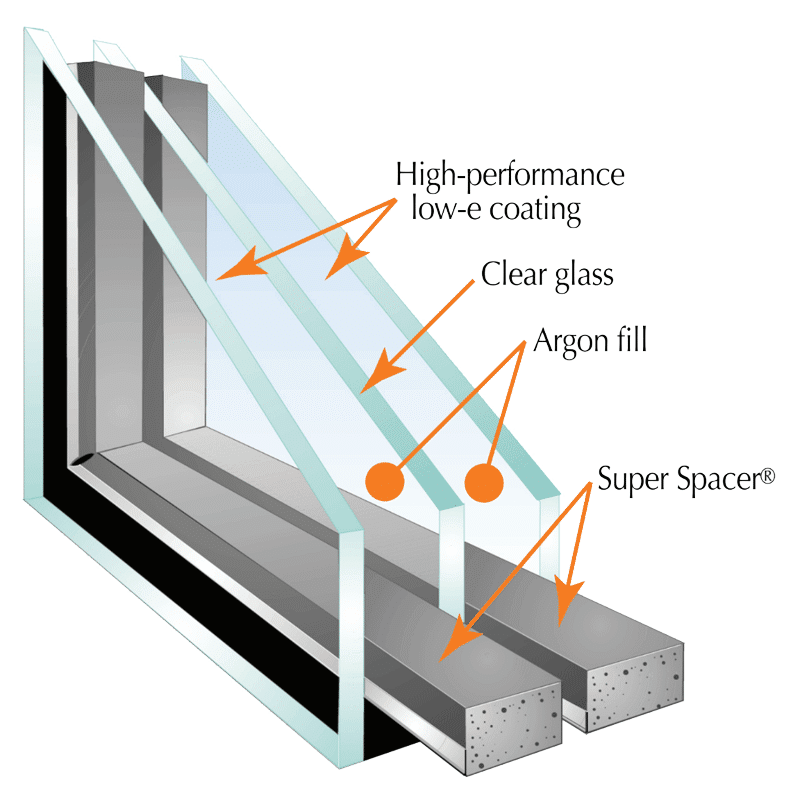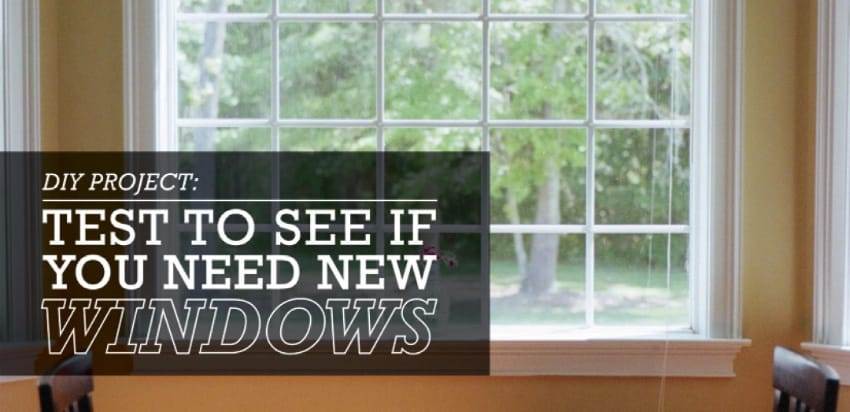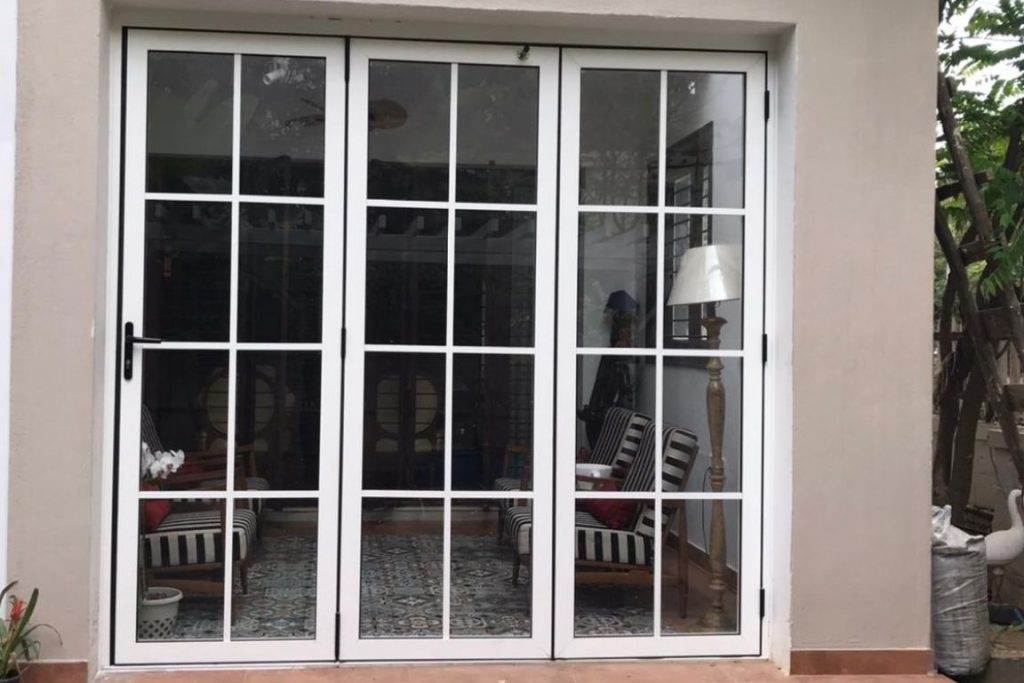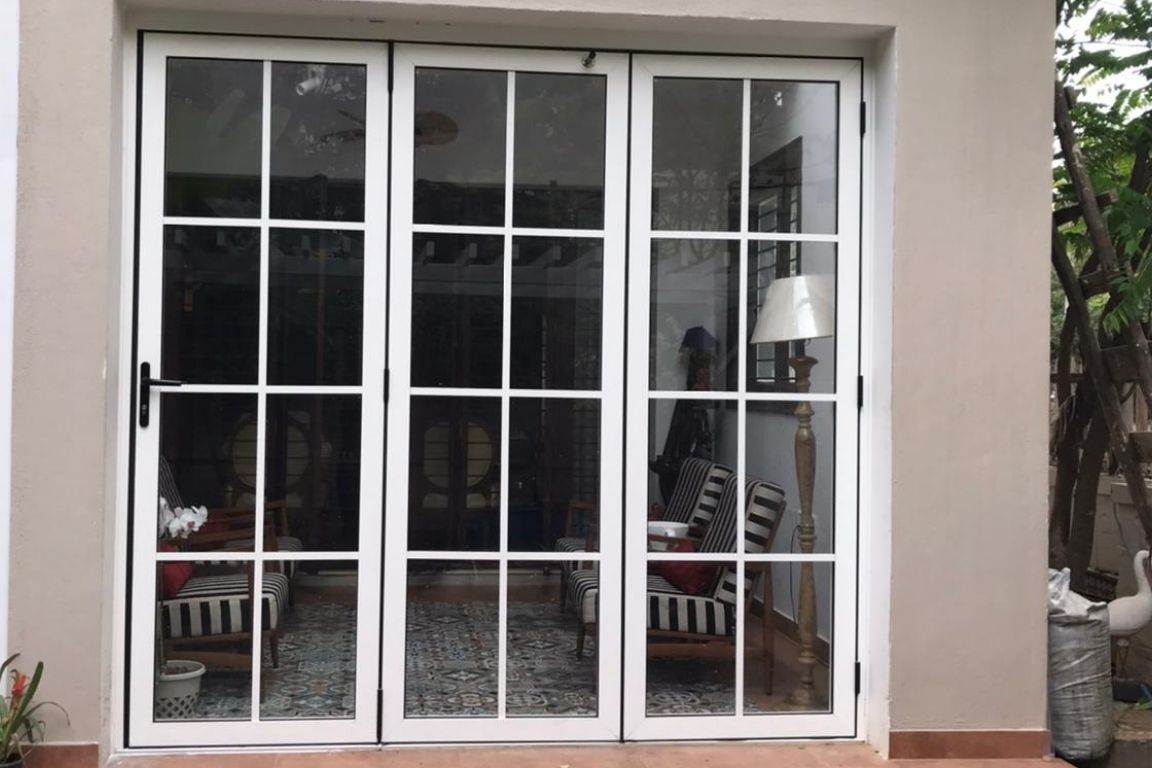In this article, we will discuss various ways to determine if a window is of good quality. We will explore important factors such as insulation, durability, and energy efficiency that contribute to a high-quality window. By the end of this article, you will have a better understanding of what to look for and the signs to watch out for when evaluating window quality.
Window Materials
When it comes to choosing windows for your home, one of the most important factors to consider is the window material. There are several options available, each with its own set of advantages and disadvantages. Let’s take a closer look at the three most common window materials: wooden windows, aluminum windows, and vinyl windows.
Wooden Windows
Wooden windows have a timeless appeal and are often chosen for their traditional and classic look. They add warmth and character to any home. One of the main advantages of wooden windows is their excellent insulation properties. Wood is a natural insulator, which means it can help keep your home warm in the winter and cool in the summer.
However, wooden windows do require regular maintenance to keep them in good shape. They need to be painted or stained periodically to protect them from the elements. If not properly maintained, wooden windows can warp, crack, or rot over time. They are also more expensive than other window materials, making them a less budget-friendly option.
Aluminum Windows
Aluminum windows are known for their strength and durability. They are lightweight yet incredibly sturdy, making them a popular choice for commercial buildings and modern homes. One of the major advantages of aluminum windows is their low maintenance requirements. Unlike wooden windows, aluminum windows do not need to be painted or stained. They are resistant to weathering, cracking, and fading.
On the downside, aluminum is a highly efficient conductor of heat and cold, which means it can contribute to heat loss or gain in your home. However, modern aluminum windows are often equipped with thermal breaks or insulating materials to improve their energy efficiency. Additionally, aluminum windows may not offer the same level of aesthetic appeal as wooden or vinyl windows.
Vinyl Windows
Vinyl windows are a popular choice for homeowners looking for a cost-effective and low-maintenance option. They are made from PVC (polyvinyl chloride) and are known for their excellent energy efficiency. Vinyl windows have good insulation properties, helping to reduce heat transfer and improve the overall energy efficiency of your home.
Furthermore, vinyl windows are resistant to rot, warping, and fading. They do not require painting, staining, or sealing like wooden windows. They are also more affordable than wooden or aluminum windows, making them a popular choice for those on a budget.
However, it’s important to note that vinyl windows can expand and contract with temperature fluctuations, which may affect their long-term durability. They also have a limited color selection compared to wooden or aluminum windows.
Energy Efficiency
When it comes to windows, energy efficiency is a crucial factor to consider. Windows play a significant role in the overall energy performance of your home. By choosing energy-efficient windows, you can reduce your energy consumption, save on utility bills, and create a more comfortable living environment. Two important factors to consider when assessing the energy efficiency of windows are the U-Factor and the Solar Heat Gain Coefficient (SHGC).
U-Factor
The U-Factor measures the rate of heat transfer through a window. It indicates how well a window insulates against heat loss or gain. The lower the U-Factor, the better the window’s insulating properties. When shopping for windows, look for a low U-Factor to ensure high energy efficiency.
Solar Heat Gain Coefficient
The Solar Heat Gain Coefficient (SHGC) measures how much heat from the sun is transmitted through a window. It indicates the amount of solar heat that enters your home. A lower SHGC means less heat is transmitted, resulting in reduced cooling needs during the summer. Look for windows with a low SHGC to maximize energy efficiency.
Visible Transmittance
Visible Transmittance (VT) measures the amount of visible light that is transmitted through a window. It can affect the overall brightness of a room. A higher VT means more visible light is transmitted, resulting in a brighter space. Consider your personal preferences for natural light when choosing windows.

This image is property of mycoastalwindows.com.
Sound Insulation
In addition to energy efficiency, sound insulation is another important consideration when it comes to windows, especially if you live in a noisy neighborhood or near a busy street. Proper sound insulation can help create a peaceful and quiet living environment. Two common ratings used to assess the sound insulation performance of windows are the Sound Transmission Class (STC) Rating and the Outdoor-Indoor Transmission Class (OITC) Rating.
Sound Transmission Class (STC) Rating
The Sound Transmission Class (STC) Rating measures the ability of a window to reduce sound transmission. The higher the STC Rating, the better the window’s soundproofing properties. If noise reduction is a priority for you, look for windows with a high STC Rating.
Outdoor-Indoor Transmission Class (OITC) Rating
The Outdoor-Indoor Transmission Class (OITC) Rating is specifically designed to measure the sound insulation properties of windows against outdoor noise sources such as traffic, construction, or high winds. Similar to the STC Rating, a higher OITC Rating indicates better sound insulation performance.
Security Features
Security is a crucial aspect to consider when choosing windows for your home. Windows play a significant role in protecting your home from potential break-ins or intruders. Here are some important security features to look for:
Quality Locking Mechanisms
Ensure that your windows are equipped with quality locking mechanisms. Look for multi-point locking systems or reinforced locks for enhanced security. Windows with poor locking mechanisms can be easily compromised, leaving your home vulnerable to intruders.
Impact Resistance
Consider windows that are impact-resistant, especially if you live in an area prone to severe weather conditions such as hurricanes or strong winds. Impact-resistant windows are designed to withstand high-velocity impacts, reducing the risk of shattered glass and potential injury.
Laminated Glass
Laminated glass is another feature to consider for improved security. It consists of two or more layers of glass with a protective interlayer in between. This interlayer holds the glass together in the event of breakage, reducing the risk of shards or fragments. Laminated glass provides an additional level of protection against forced entry.

This image is property of glassdoctor.com.
Durability and Maintenance
Another important factor to consider when evaluating window quality is their durability and maintenance requirements. High-quality windows should be able to withstand the test of time and require minimal upkeep. Here are some aspects to consider:
Longevity of Materials
Different window materials have varying lifespans. Wooden windows, when properly maintained, can last for decades. Aluminum windows are known for their durability and resistance to weathering. Vinyl windows are also known for their longevity and resistance to rot and fading. Consider the lifespan of the window materials when making your decision.
Weather Resistance
Windows are constantly exposed to the elements, so it’s essential to choose windows that are weather-resistant. Look for windows that have been tested and certified to withstand harsh weather conditions such as strong winds, heavy rain, and extreme temperatures. This will ensure that your windows remain durable and perform well over time.
Ease of Cleaning
Choose windows that are easy to clean and maintain. Consider the design and functionality of the windows. Are they easy to access for cleaning? Are there any special cleaning requirements? Windows that are easy to clean will save you time and effort in the long run.
Proper Installation
No matter how high-quality your windows are, proper installation is crucial to ensure their optimal performance. Investing in professional installation can make a significant difference in the longevity and effectiveness of your windows. Here are some reasons why professional installation is important:
Professional Installation
Professional window installers have the necessary expertise and experience to properly install windows. They are familiar with the best practices and can ensure that the windows are installed correctly, preventing potential issues such as air leaks or water infiltration.
Correct Sealing and Insulation
Proper sealing and insulation around the windows are essential for energy efficiency and weather resistance. Professional installers will ensure that the windows are properly sealed and insulated, minimizing heat loss or gain and preventing drafts or water leaks.

This image is property of www.woodminium.com.
Third-Party Certifications
Third-party certifications provide an additional level of assurance when it comes to window quality. They indicate that the windows have been tested and meet specific performance standards. Here are two important certifications to look for:
ENERGY STAR Rating
The ENERGY STAR rating is awarded to windows that meet or exceed strict energy efficiency guidelines set by the Environmental Protection Agency (EPA). Windows with the ENERGY STAR label can help you save on energy costs while reducing your carbon footprint.
NFRC Certification
The National Fenestration Rating Council (NFRC) is a nonprofit organization that provides independent ratings and certifications for windows, doors, and skylights. Look for windows with the NFRC label, which provide information on energy performance based on standardized testing.
Warranty
A warranty is an important consideration when evaluating window quality. It provides protection and reassurance in case of any defects or issues with the windows. Here are two types of warranties you should be aware of:
Manufacturer’s Warranty
The manufacturer’s warranty covers any defects in materials or workmanship. It typically lasts for a specific period, such as 10 or 20 years. Be sure to read and understand the terms and conditions of the warranty before making a purchase.
Installation Warranty
Some window installers offer an installation warranty in addition to the manufacturer’s warranty. This warranty covers any issues that may arise due to improper installation. It’s important to clarify the details of the installation warranty with your installer.

This image is property of wsdepot.com.
Cost Considerations
Cost is often a significant factor when it comes to choosing windows. It’s important to consider both the initial cost and the long-term savings associated with energy-efficient windows. Here are some cost considerations to keep in mind:
Initial Cost
Wooden windows tend to be more expensive than aluminum or vinyl windows due to the higher cost of materials and the need for regular maintenance. Aluminum windows are typically mid-range in terms of cost. Vinyl windows are generally the most affordable option.
Long-Term Savings
Although energy-efficient windows may have a higher initial cost, they can lead to significant long-term savings on your energy bills. By reducing heat loss or gain, energy-efficient windows can help you lower your heating and cooling costs year-round. Consider the long-term savings potential when making your decision.
Conclusion
In conclusion, there are multiple factors to consider when determining the quality of windows. The window material, energy efficiency, sound insulation, security features, durability, maintenance, proper installation, third-party certifications, warranty, and cost all play a role in determining whether a window is of good quality. By taking these factors into account and choosing windows that meet your specific needs and preferences, you can ensure that you make an informed decision on the quality of your windows. Remember, windows are an investment in your home’s comfort, energy efficiency, and security, so it’s worth taking the time to choose the best quality windows for your needs.

This image is property of blog.renovationfind.com.
